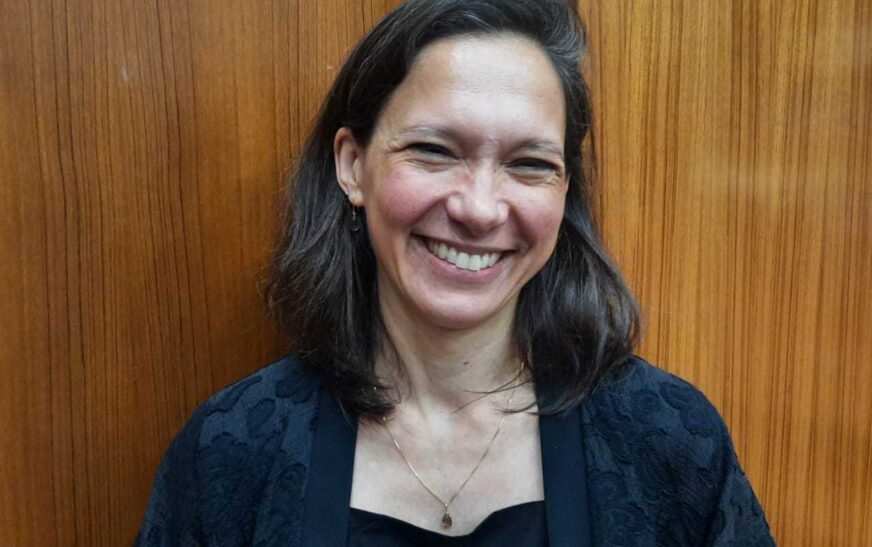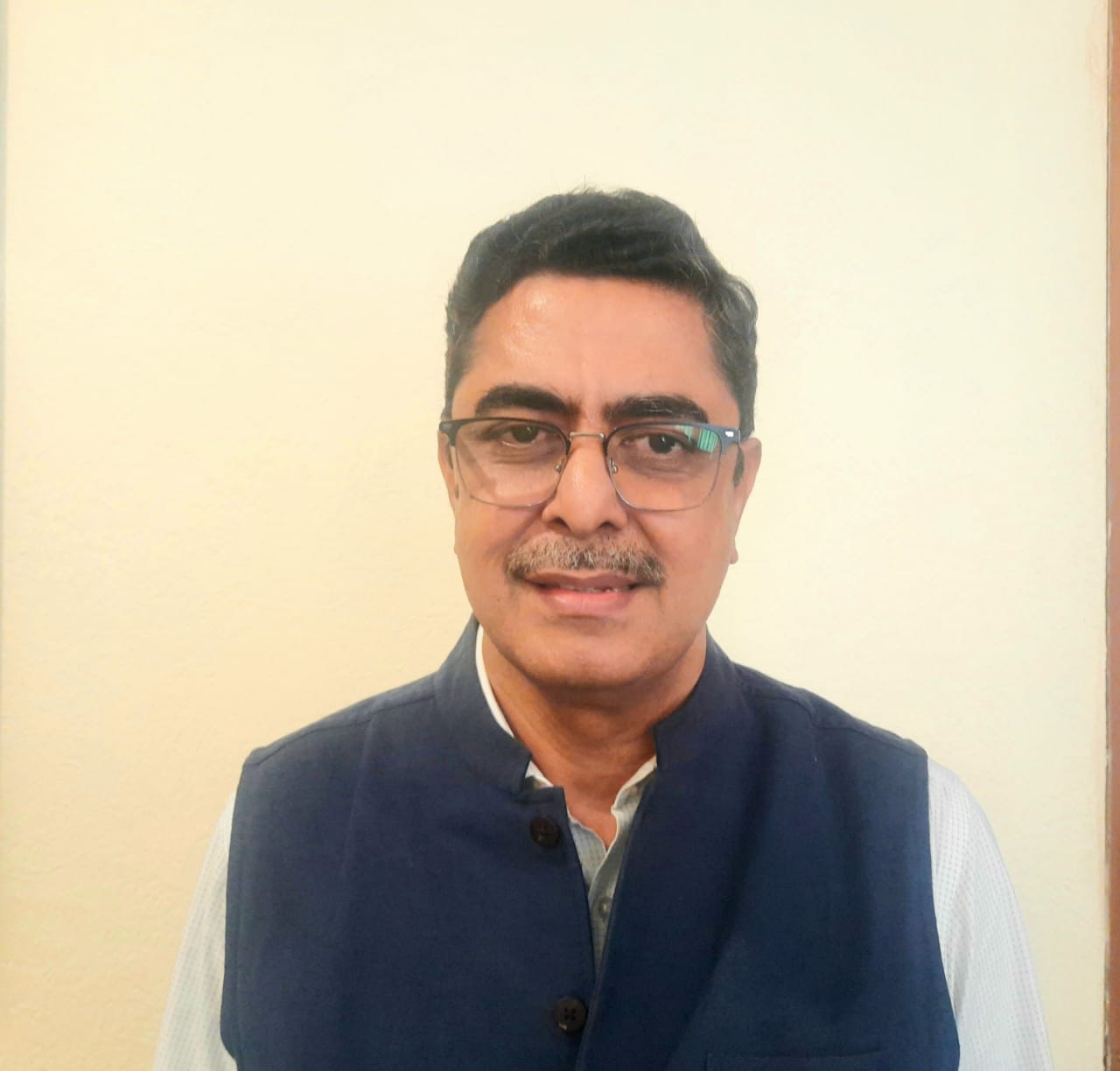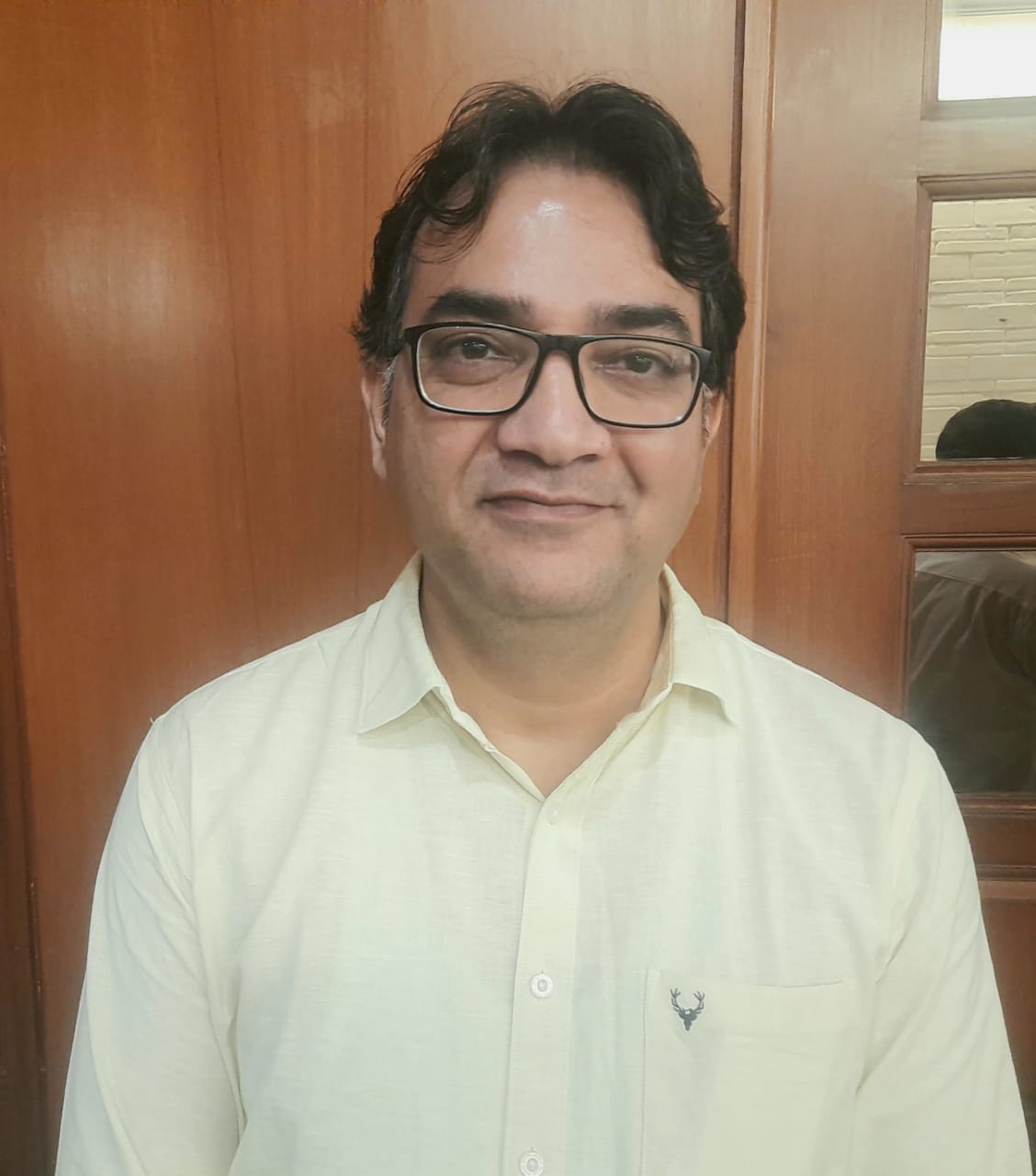Water scarcity, pollution, and mismanagement threaten political stability and stifle economic growth. Nations grappling with acute shortages face cascading crises—food insecurity, declining industrial output, and disrupted energy generation—intensifying geopolitical tensions. Climate change amplifies transboundary water disputes, escalating regional conflicts. Meanwhile, economic losses from inefficient water use and contamination soar into the billions.
Addressing this crisis demands bold, multi-nation collaboration. Countries must establish shared governance frameworks, negotiate equitable water-sharing treaties, and invest in sustainable technologies. Integrated water resource management should take centre stage, ensuring conservation, efficiency, and climate resilience. Public-private partnerships, cross-border innovation hubs, and financial instruments like blue bonds can drive large-scale, lasting solutions.
Only a unified global strategy—anchored in diplomacy, scientific cooperation, and forward-thinking policies—can prevent water from becoming the defining crisis of this century. This challenge is not merely a necessity to overcome but an opportunity to strengthen international alliances and build a more sustainable future.
In an exclusive conversation with The Interview World at the Indo-Dutch Tech Summit 2025—organized by IIT Delhi and CII—Dr. Taneha Kuzniecow Bacchin, Associate Professor of Urban Design and Critical Theory and Head of Research Section of Urban Design at Delft University of Technology, sheds light on the political and economic significance of water. She discusses Indo-Dutch exchange programs, examines the pressing challenges in global water management, and explores pathways for sustainable solutions. Here are the key takeaways from her thought-provoking insights.
Q: What exchange programs in water domain have you collaborated on with the Government of India, and what impact have they had?
A: The Water4Change Program was a five-year bilateral collaboration between the Governments of India and the Netherlands, uniting 11 leading knowledge institutions from both nations. This initiative also operates as an exchange program with the Government of the Netherlands.
Its core mission focused on urban water management in India’s secondary cities. The program championed water-sensitive development, advancing the concept of water-sensitive cities by integrating diverse disciplines. Experts from social sciences, governance, spatial planning, and urban design collaborated with specialists in water engineering, environmental science, and earth sciences. This multidisciplinary approach fostered innovative, sustainable solutions for managing water in rapidly growing urban centres.
Q: Could you share the specific objectives you aim to achieve through the exchange program?
A: The primary goal of this project is to create a significant impact through capacity building. Our aim is to enhance learning processes and foster continuous education across all levels of stakeholders, from individual consumers to district authorities. We want to improve understanding of urban water conditions—spanning water supply, water management, and disaster risk management.
By improving the knowledge of everyone involved, from a household member to a district collector, we can deepen our collective comprehension of water-related complexities. This expanded understanding will guide us in making more informed decisions about urban water challenges. Ultimately, the objective is to engage stakeholders in a more informed, proactive approach to decision-making for the future.
Q: How does water influence political dynamics, both domestically and globally?
A: Water has always carried deep historical and political significance. Its availability and accessibility shape societies, sustain life, and drive economic stability. Given its critical role, cross-border cultural exchanges become essential in rethinking urban water management, especially in challenging environments like India’s secondary cities, where infrastructure remains underdeveloped.
To address these complexities, decision-making must become more agile and technology-driven. Investments in infrastructure are crucial, but true progress hinges on deep engagement with local communities. The geopolitical dimension of water underscores the need for collaborative knowledge exchange, enabling nations to adopt smarter, more sustainable water practices for the future.
Q: What are the biggest challenges currently facing the water sector, and how are they being addressed?
A: The challenges we face are immense and will only grow as urban populations expand. As cities continue to grow, driven by migration from rural areas, the pressure on urban resources will intensify. To address these rising challenges, we must collaborate closely with citizens. This goes beyond high-level political decision-making; it requires engaging citizens through initiatives like citizen science. By involving the public more actively, we can harness their contributions to better manage water resources.









